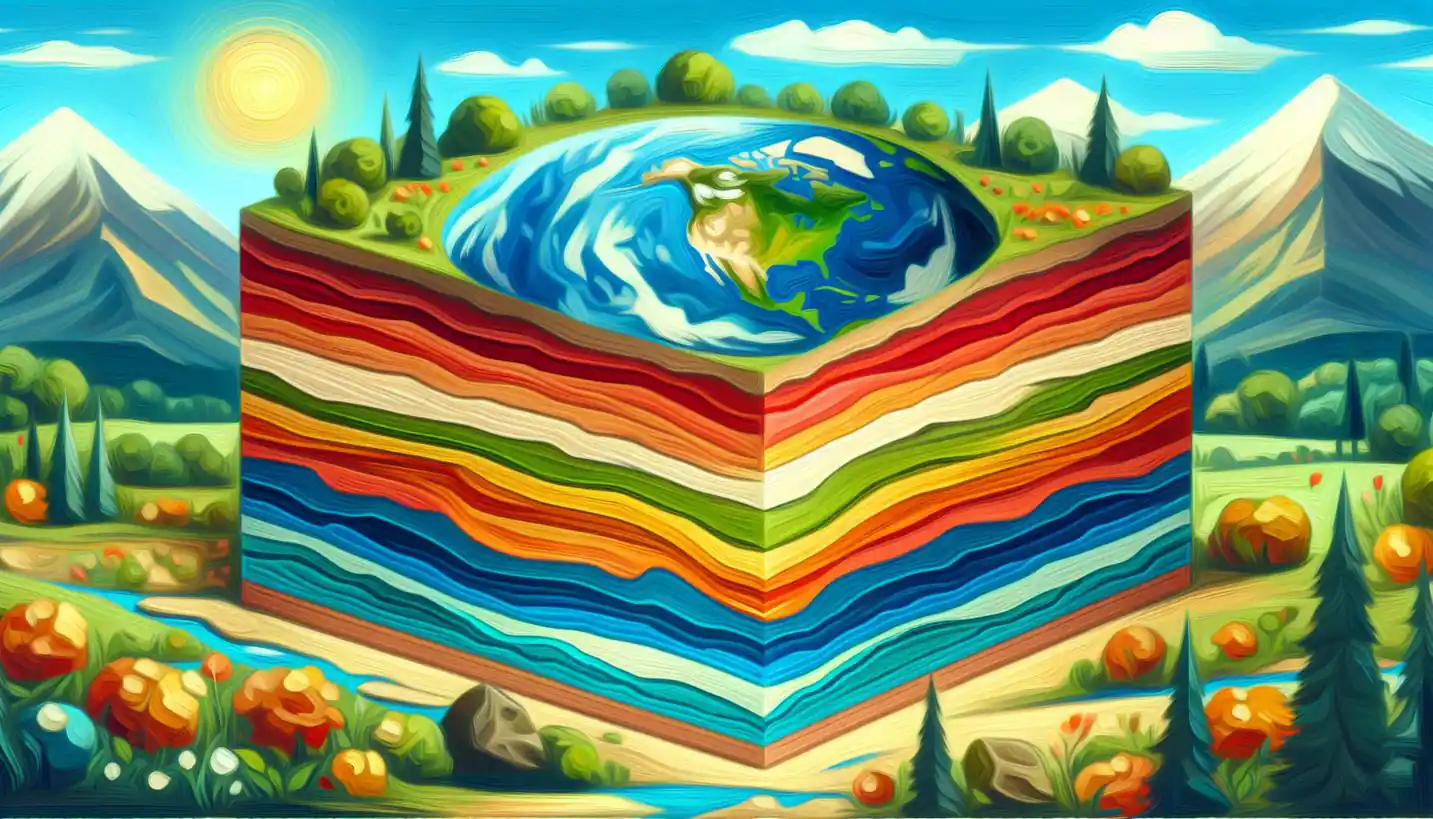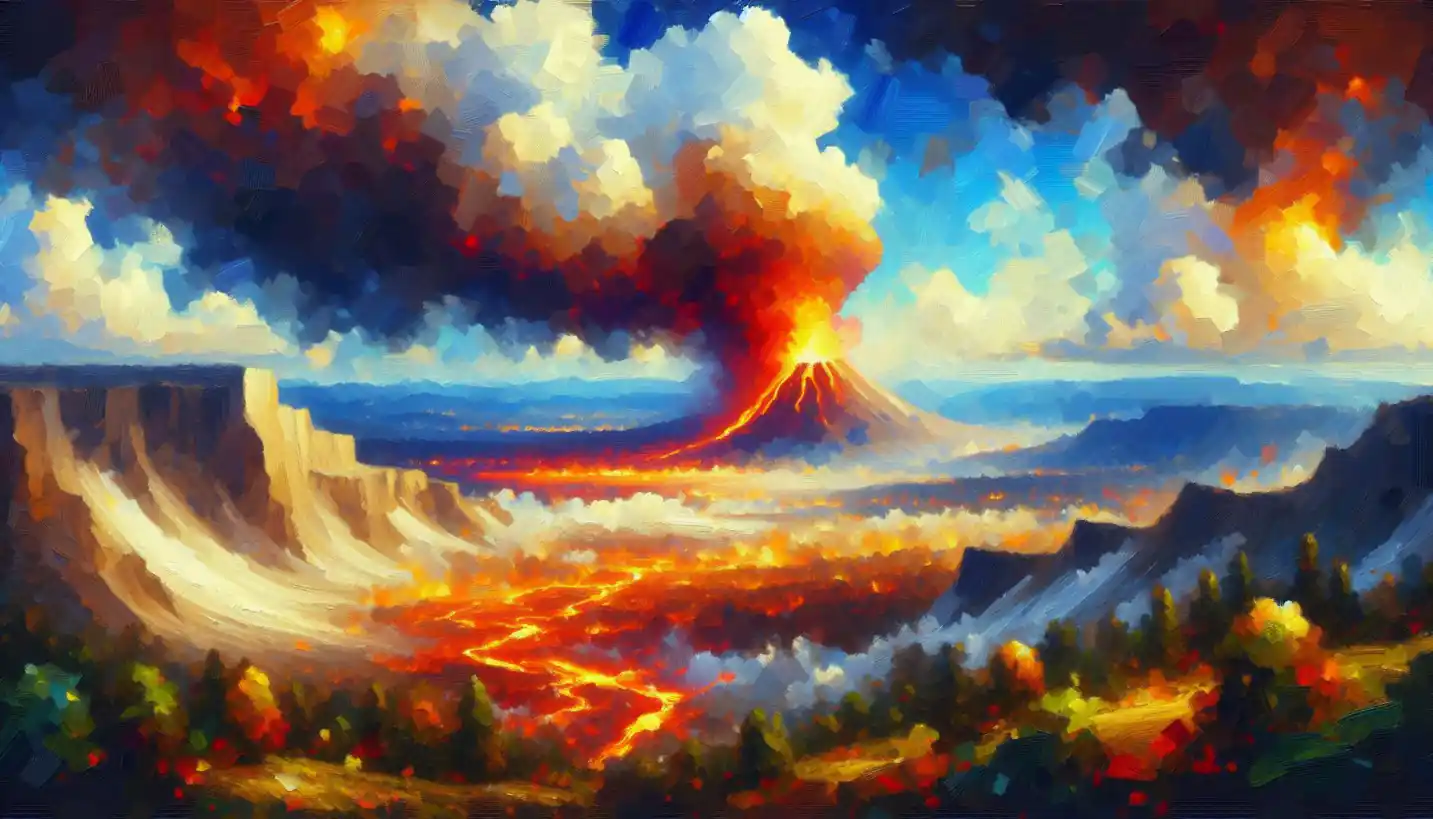
Spatial Perception: Exploring Our Mental Maps
Spatial perception helps us create mental maps to navigate our world. Discover how our brains interpret space in fascinating ways.

Spatial perception helps us create mental maps to navigate our world. Discover how our brains interpret space in fascinating ways.

Gaining stream offers insights into our captivating waterways. Delve into how streams gain water, sustaining life and shaping landscapes.

Spatial interaction is the heartbeat of how we move within transportation geography. Discover the forces driving these connections and their geographic importance.

Paleoclimatology is like a time machine, unveiling Earth's ancient climate surprises. Discover how scientists decode past climates from earth's geological records.

Azimuthal projection provides a unique perspective in cartography, offering new angles on viewing the Earth. Explore how this technique reshapes our interpretation of maps.

Transport externalities reveal the unseen prices of our travel habits. Discover how these hidden costs impact our environment and society at large.

Thermohaline circulation acts like a conveyor belt in the ocean's depths, affecting global climate and marine life. Dive into its fascinating journey around the world.

Dissonant heritage highlights the varied narratives within historical sites, offering deeper insights. Dive into the conflicting stories and memories that enrich tourism experiences in diverse ways.

The Anthropocene marks a new chapter in Earth's history, defined by human impact on the planet’s geological processes.

Fault scarps are nature's geologic artworks, revealing Earth's shifting crust. Uncover the processes that carve these striking landscape features.

Accessibility index plays a crucial role in understanding transportation geography. Dive into how it measures ease of reaching various destinations.

Population density impacts health and well-being by influencing access to resources and services. Discover how geography shapes these vital dynamics in our daily lives.